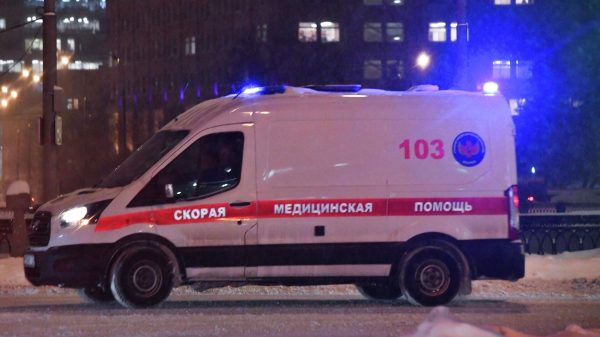 Mistreatment of the Baha'i community in Iran 'affects virtually every aspect' Human Rights Watch (HRW) said Monday that Iranian authorities' persecution of the minority Baha'is since the Islamic Revolution of 1979 constitutes a crime against humanity.
Mistreatment of the Baha'i community in Iran 'affects virtually every aspect' Human Rights Watch (HRW) said Monday that Iranian authorities' persecution of the minority Baha'is since the Islamic Revolution of 1979 constitutes a crime against humanity.
The New York-based group said Baha'is, Iran's largest non-Muslim minority, faced repression including arbitrary arrests, property confiscation, restrictions on study and employment opportunities and even the right to a dignified funeral.
< p>«The cumulative effect of the authorities' systematic repression, spanning decades, constitutes a deliberate and serious deprivation of the fundamental rights of Baha'is and amounts to persecution against humanity,» HRW said.It argued that it fell within the purview of the International Criminal Court, whose The statute defines persecution as the willful and cruel deprivation of fundamental rights, contrary to international law, on national, religious or ethnic grounds.
Repression is government policy
HRW said that while the intensity of abuses against Baha'is «has varied over time,» persecution of the community has remained constant, «affecting virtually every aspect of Baha'i private and public life.»
It said the Islamic Republic is experiencing » extreme hostility towards adherents of the Baha'i faith,» and repression of this minority is enshrined in Iranian law and is official government policy.
«Iranian authorities are depriving Baha'is of their basic rights in every aspect of their lives not because of their actions, but simply because they belong to a religious group,» said Michael Page, HRW's deputy Middle East director.
“It is imperative that international pressure be increased on Iran to put an end to this crime against humanity.”
This is believed to be the first time a leading international organization has called Iran's treatment of Baha'is a crime against humanity.
Faith is not recognized by the constitutionUnlike other minorities, Baha'is are not recognized by Iran's constitution and do not have reserved seats in parliament.
The number of community members remaining in Iran is unknown, but activists believe there may still be several hundred thousand.
The Baha'i Faith is a relatively young monotheistic religion whose spiritual roots date back to the early 19th century in Iran.
HRW stated that Baha'is, while a religious minority, are not recognized in the Iranian constitution , it is prohibited to freely conduct prayers, even in private.
They were the target of «periodic state-sponsored hate campaigns.» ” while intelligence and judicial authorities regularly raid the homes of Baha'is, confiscate their property, arrest or summon them for questioning.
Banned from most public sector jobs
High-ranking public figures Mahvash Sabet, 71 the veteran poet and 61-year-old Fariba Kamalabadi were arrested in July 2022 and are serving 10 years in prison.
Both were previously jailed by authorities for the past two decades.
< p>Iranian authorities continue to «systematically prevent students who identify as Baha'is from registering at universities,» HRW reports, while Baha'is are effectively banned from most public sector jobs.
Even after death, «Local authorities interfere with burial processes and do not allow Baha'is to bury their loved ones in historic Baha'i cemeteries,” it added.


















































Свежие комментарии